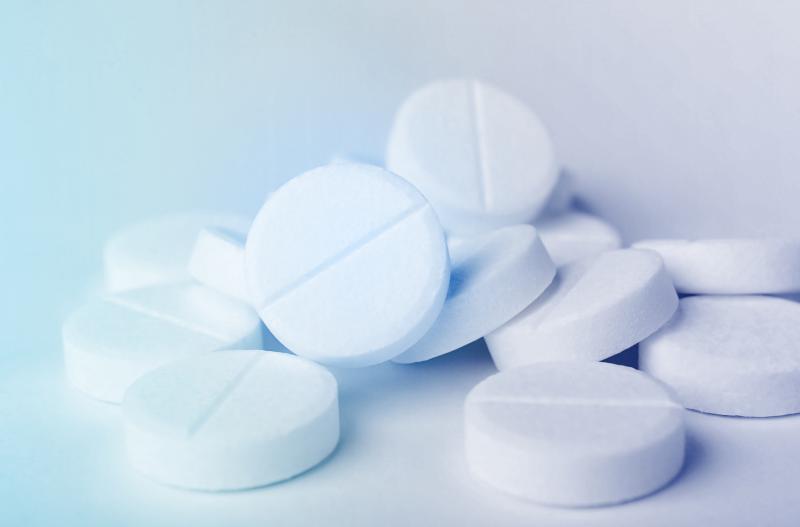
Use of ticagrelor alone among patients who underwent percutaneous coronary intervention (PCI) after 1-month dual antiplatelet therapy (DAPT) has shown noninferiority, but is not superior, to conventional treatment in the prevention of ischaemic events, reports a study. Major bleeding is also comparable between ticagrelor monotherapy and conventional treatment.
A total of 15,991 patients undergoing PCI were randomized to 1-month DAPT followed by 23-month ticagrelor monotherapy or conventional 12-month DAPT followed by 12-month aspirin.
The authors conducted a prespecified ancillary study to assess whether experimental therapy was noninferior, and if met, superior, to conventional treatment for the coprimary efficacy endpoint of all-cause mortality, nonfatal myocardial infarction (MI), nonfatal stroke or urgent target vessel revascularization and superior in preventing BARC (Bleeding Academic Research Consortium) 3 or 5 bleeding (coprimary safety endpoint) at 2 years with a 0.025 significance level to preserve nominal 5 percent alpha error.
Investigator-reported and eventually unreported events of 7,585 patients from the 20 top-enrolling participating sites were resolved by an independent clinical event committee.
The 2-year coprimary efficacy endpoint occurred in 271 (7.14 percent) patients in the ticagrelor group and in 319 (8.41 percent) patients in the conventional group (rate ratio [RR], 95 percent confidence interval [CI], 0.72–0.99), achieving noninferiority of the former (p<0.001) but not superiority (p=0.0465). No between-group difference was seen in the rates of BARC 3 or 5 bleeding (RR, 1.00, 95 percent CI, 0.75–1.33; p=0.986).
There was a time-dependent treatment effect in the ticagrelor group, which correlated with a reduced risk of MI (RR, 0.54, 95 percent CI, 0.33–0.88; p=0.062) and definite stent thrombosis (RR, 014, 0.03–0.63; p=0.007) after 1-year post-PCI.